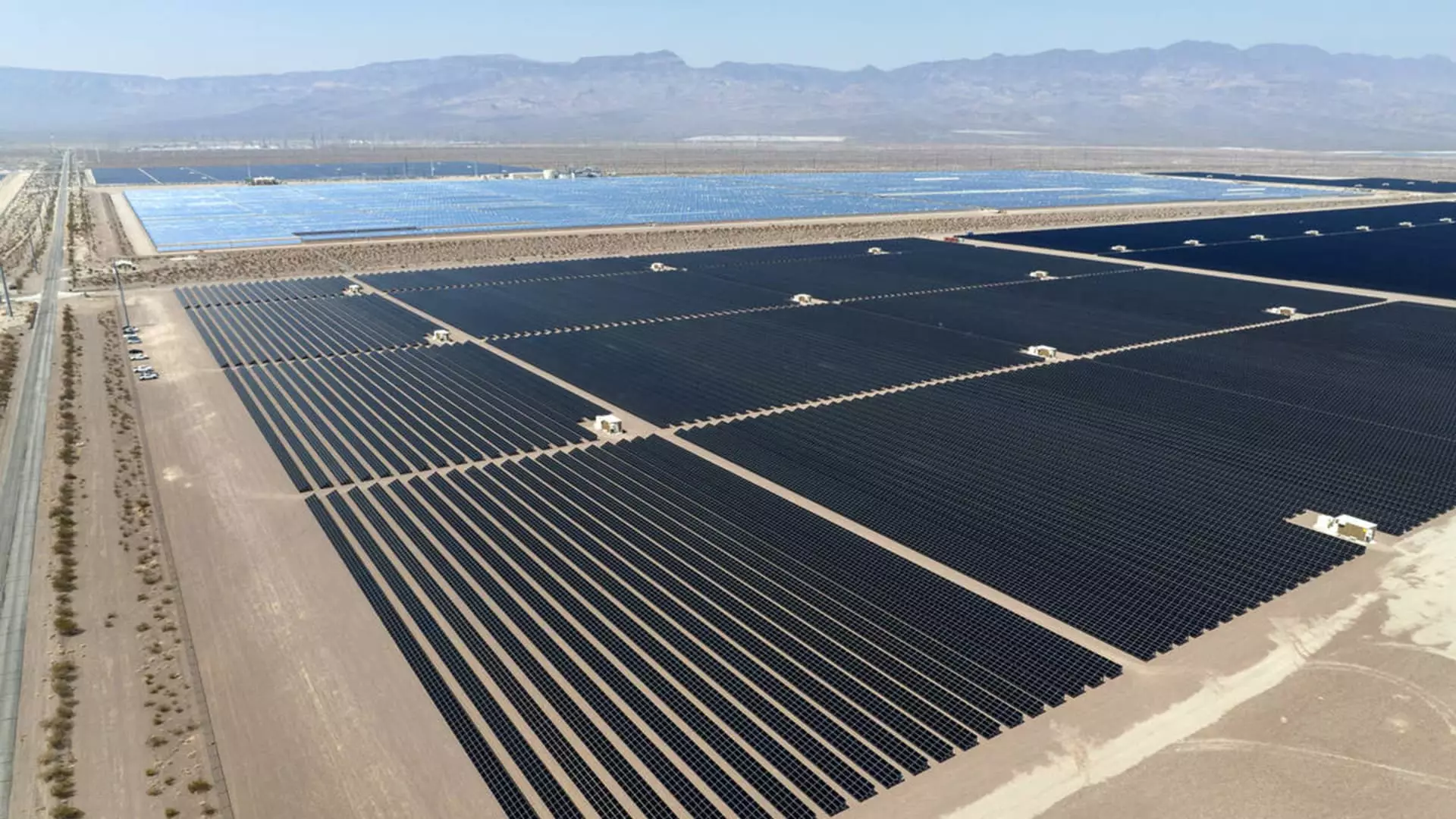The recent electoral success of former President Donald Trump has raised significant apprehensions within the solar energy sector. Following the announcement of Trump’s anticipated return to the White House, solar stocks have experienced a stark decline, primarily driven by fears of the future of the Inflation Reduction Act (IRA). This legislation has been a cornerstone for the clean energy movement in the United States, providing vital tax incentives to bolster the solar industry. However, the looming threat of policy reversal under a second Trump administration has caused a palpable tremor in the markets.
In the hours following Trump’s electoral win, the reaction from the solar market was swift and severe. According to reports, the Invesco Solar ETF, a benchmark for the industry, fell over 9% in premarket trading. Notably, major players such as First Solar saw a staggering 12% drop in their stock prices, with other solar companies like Sunrun and Sunnova plummeting by 15% and 20%, respectively. The decline can be associated with uncertainty surrounding the IRA, which many view as critical for the expansion of solar energy adoption in the country.
The IRA, which passed without any Republican support in 2022, is seen as one of President Joe Biden’s significant achievements aimed at combating climate change. Its provisions have enabled increased investments in solar technologies, driving innovation and market growth. Trump’s campaign rhetoric labeled the IRA as the “Socialist Green New Deal,” signaling potential plans to repeal the legislation if he gains control over federal policies. This ideological divide has significant implications not only for solar investments but also for the broader trajectory of renewable energy in the United States.
The future of the IRA hinges not only on Trump’s presidency but also on the Republican Party’s control of Congress. The interplay between the executive and legislative branches will determine the longevity of the IRA, impacting various sectors that have flourished due to its incentives. As Trump aims to strengthen his grip on the electoral landscape, he has notably made inroads into historically Democratic areas, highlighted by his victory in Wisconsin. This shift raises concerns about a potential pivot in energy policy that could negate years of progress in solar energy.
As solar companies brace for potential policy changes, they face an uncertain future. Investors and industry leaders are expressing trepidation regarding the sustainability of their business models amidst shifting political tides. The ongoing battle for clean energy dominance in the context of U.S. policy will be pivotal in shaping the landscape of renewable resources. Industry advocates must navigate these turbulent waters carefully, mobilizing support and advocating for the continuation of incentives essential for their growth.
The election of Donald Trump has thrown a shadow over the solar industry, signaling a challenging period ahead. Investors will be keeping a close watch on political developments, knowing that shifts in policy could either inhibit or accelerate the progress made in the renewable energy sector.

Leave a Reply